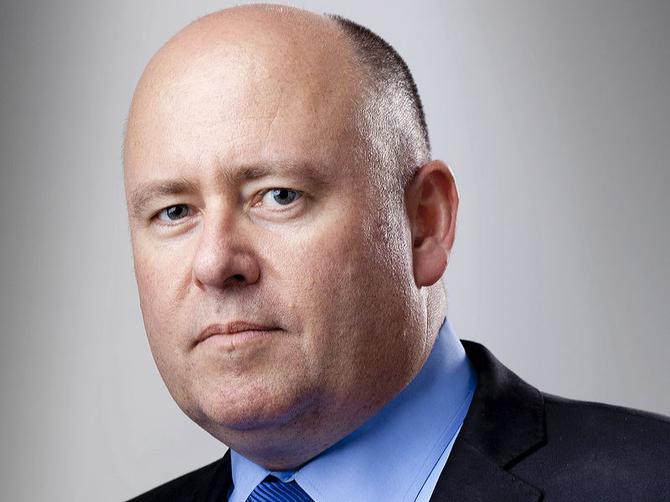With workforces becoming increasingly dispersed, methods of communication have escalated, making security compliance a key challenge for firms.
The Covid-19 crisis has prompted radical shifts in the corporate world. Companies have shifted to an entirely digital way of working, driving dependence on collaboration tools like MS Teams, Zoom and Slack.
Collaboration from anywhere has necessitated new approaches to meeting compliance mandates. For example, regulations from FINRA to MiFID II and GDPR all require new approaches to capturing, retaining, and reviewing conversations between organizations and their employees.
New technologies bring new challenges
The sudden shift to remote work and stricter regulations has complicated the communications landscape. The risks with collaboration tools span the traditional remit of security and compliance.
New needs have emerged, such as understanding employee and customer sentiment in real-time – and having an accurate record of dispute management and resolution.
Customer preferences have also changed in a world now driven by digital interactions with employees who are under constant pressure to use the preferred communication tools of clients. In addition, with different geographies choosing different platforms, employees find themselves hopping between phones and collaboration platforms, making it harder to monitor conversations across the numerous end-points.
In the words of Dubber chief customer officer Andy Lark, “The average employee is engaging in work conversations across more than four applications every day – such as mobile, Zoom, Cisco Webex and WhatsApp. As a result, FSIs are under pressure to capture 100% of conversations and messages wherever they may be taking place.”
While it’s critical to streamline communication and rein it in from a compliance perspective, data surveillance “places a huge burden on IT and compliance teams who have to maintain a visibility of all client-company interactions,” Lark said.
With recording metadata and transcriptions pulled from so many applications, data silos quickly build up and multiply. According to Lark, “This can lead to frustration when locating individual recordings for dispute resolution and communication audits by compliance teams. Failure to show that all calls are being recorded and stored compliantly can lead to company fines.” Furthermore, the challenge is not just recording conversations across those channels, but also stitching those interactions together across the customer journey”, he said.
To ensure companies stay clear of financial fines and security violations, they must expedite the required processes to capture, secure and make data easily accessible. Lark said, “Implementing unified conversational intelligence that’s able to capture, record and store crucial conversations wherever they may be taking place is vital to avoiding compliance breaches and addressing broader mandates to know both the employee and customer. In addition, unification circumvents the common issue of data silos occurring between teams, departments and business units.” That’s where Dubber comes in.
Unifying conversational data at scale
Unlike legacy call recording solutions that track a single end-point, a cloud-based unified solution – such as Dubber’s – captures all conversations, identifies chosen keywords and phrases across applications, and routes alerts to stakeholders through automated workflows. In addition, Lark said, “Unified Call Recording allows the compliant capture of recordings from any end-point and the secure storage of those recordings in a central repository for the FCA mandated, 7-10 years. There, access is in one location for quick and easy audit and dispute resolution.”
Its AI-powered Voice Intelligence allows compliance professionals to proactively identify potential breaches by scraping keywords from conversations as they occur. Consequently, addressing violations and fraud occurs in real-time, Lark added.
Connecting communication channels such as voice, video or text, into CRM systems are essential for ensuring advisors stay on top of their client’s expectations.
Lark concluded, “Clients are more focused on customer experience than ever. If you don’t cater to their communication needs, they will find financial services firms to communicate with on their terms. But more critically, answering the need to know the customer, know what was said, and know your compliance standing has become more critical than ever.”
Dubber was recently listed in the first annual AIFinTech100 list, which identifies the companies developing AI technologies in financial services that every financial institution needs to know about in 2021. Read the full report here.
Copyright © 2021 FinTech Global





